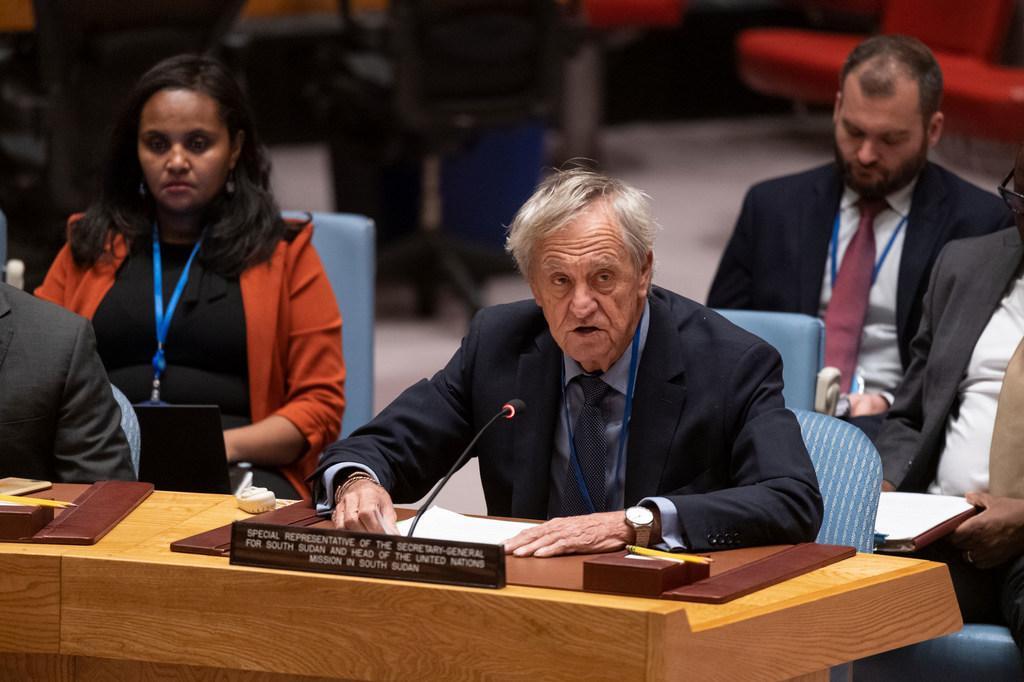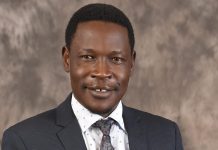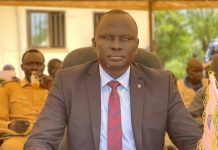Africa-Press – South-Sudan. The UN Mission in South Sudan (UNMISS) calls on the transitional government to adopt an harmonized workplan with a timetable to tackle pending provisions necessary for the conduct of elections, warning that the clock is ticking while many critical remain lagging.
Addressing Security Council on February 5, Nicholas Haysom, the UNMISS chief and Special Representative of Secretary General, disclosed that even the constitution-making and census timelines do not currently fit into the framework for the upcoming election.
Mr. Haysom said the lack of government funding and delayed legal and political decisions are slowing the implementation processes down – with the full deployment of forces and electoral preparation tasks far behind schedule.
“The clock is already ticking on the extended transitional period. Decision-makers need to tackle several issues simultaneously and immediately,” he said.
“We have not yet seen the previously promised harmonized workplan with an operational timetable for elections. The constitution-making and census timelines do not currently fit into the framework for a December 2026 election.”
The diplomat said neither UNMISS nor the international community can provide the much needed support if the government fails to show political will to implement the agreement.
He added that there has been no explanation as to why the necessary decisions have not been finalized nor when they will be finalized, while reminding the parties that the question of another extension is unthinkable.
“The parties should be under no illusion that there will be resources from the international community to sponsor the implementation of the peace agreement, if there is no evidence of political will to accelerate implementation of the key benchmarks nor a contribution of government resources.”
Mr Haysom warned that as South Sudan continues to grapple with humanitarian, economic and security challenges, the situation will remain fragile as an electoral period draws nearer.
He stressed that communal violence remains the primary driver of conflict and has a disproportionately brought suffering on vulnerable populations, including women, children, and marginalized groups.
The SRSG added that recurrent fighting between major military forces in Tambura and Nagero counties of Western Equatoria State demonstrate the need to implement the Transitional Security Arrangements.
“It seems the two pre-eminent armed parties are unwilling to engage each other in dialogue on security-related issues, which risks further standoffs in due course. I call upon the military leadership of the SSPDF and SPLM/A-IO to come to mutually agreeable terms on dismantling illegal checkpoints.”
For More News And Analysis About South-Sudan Follow Africa-Press






